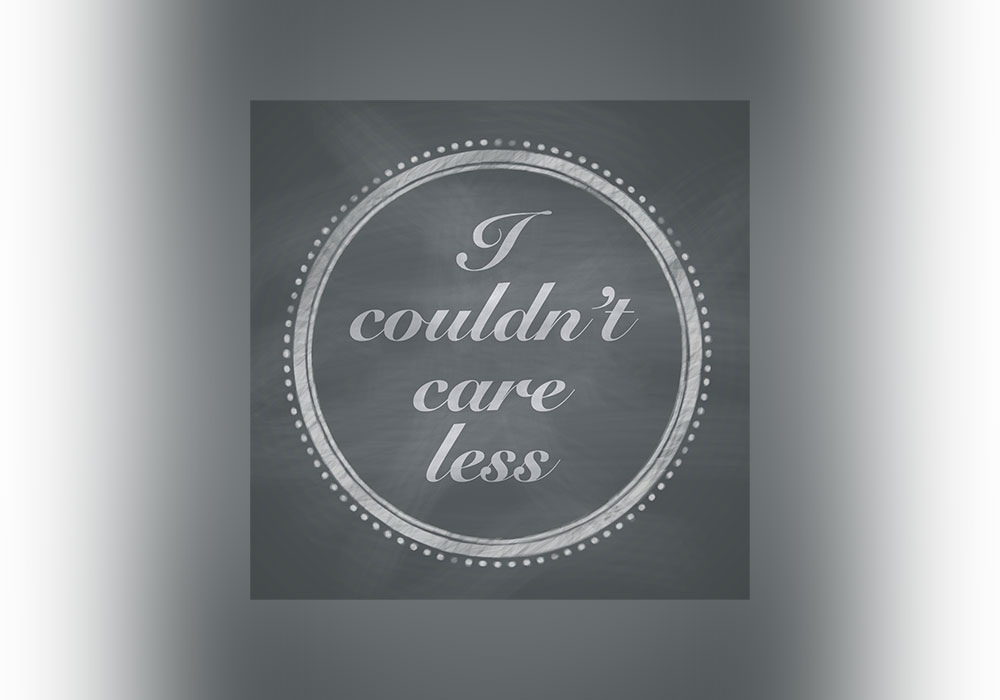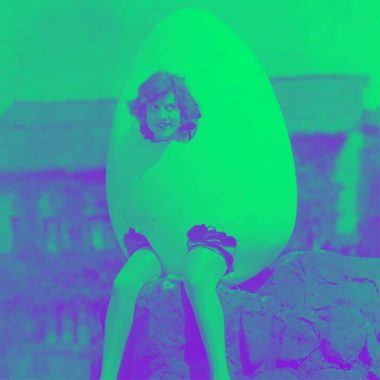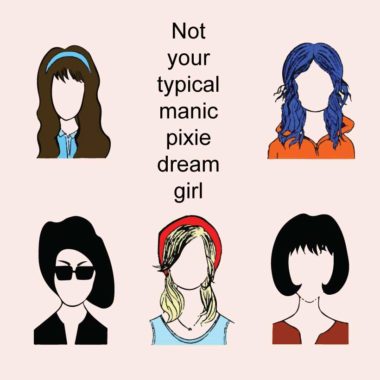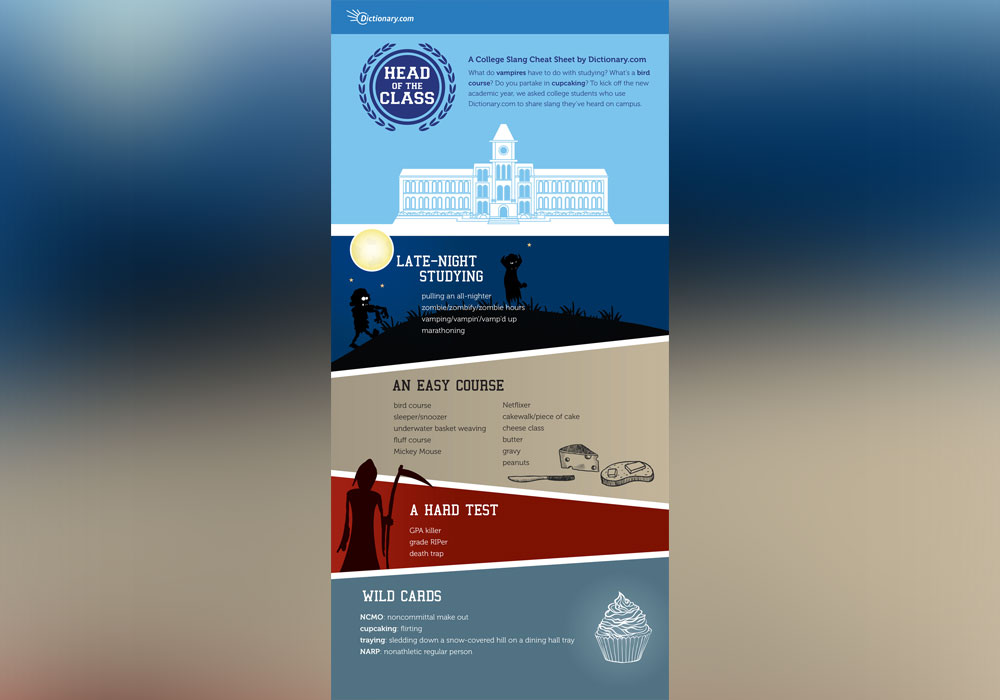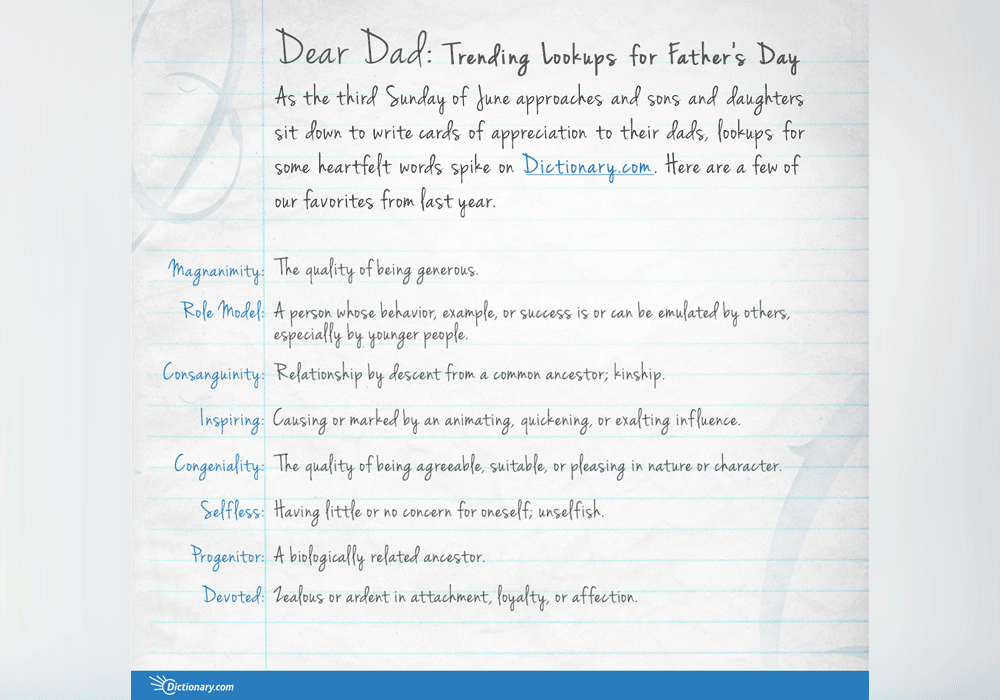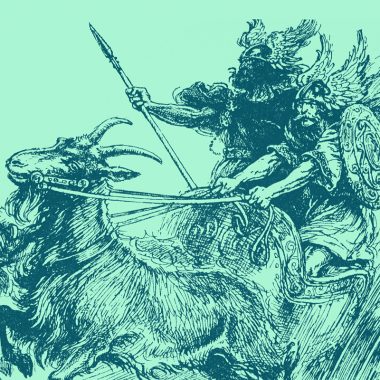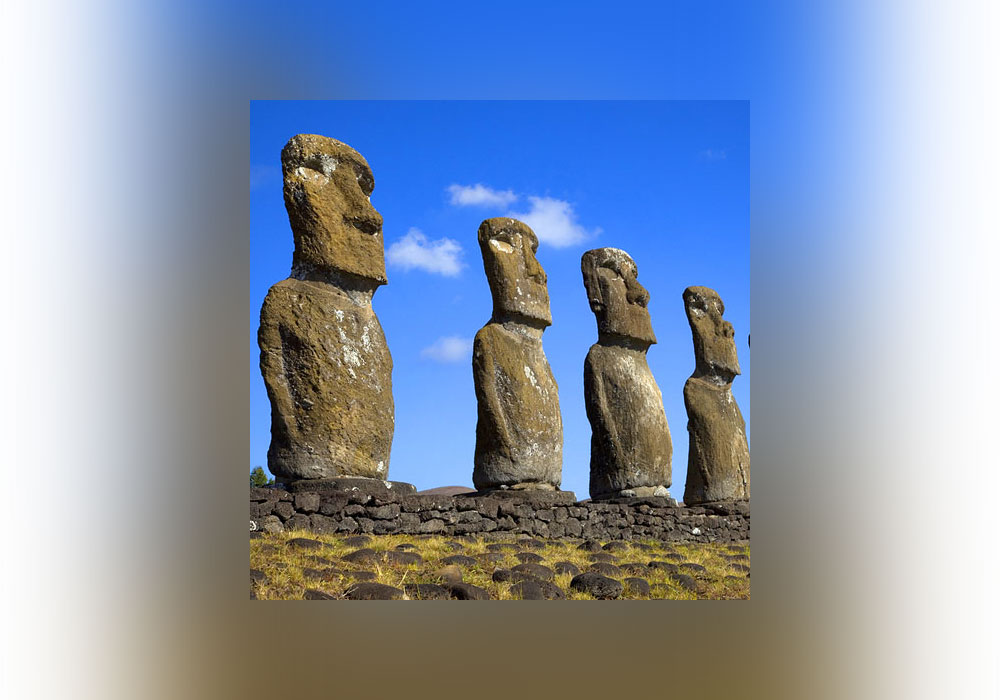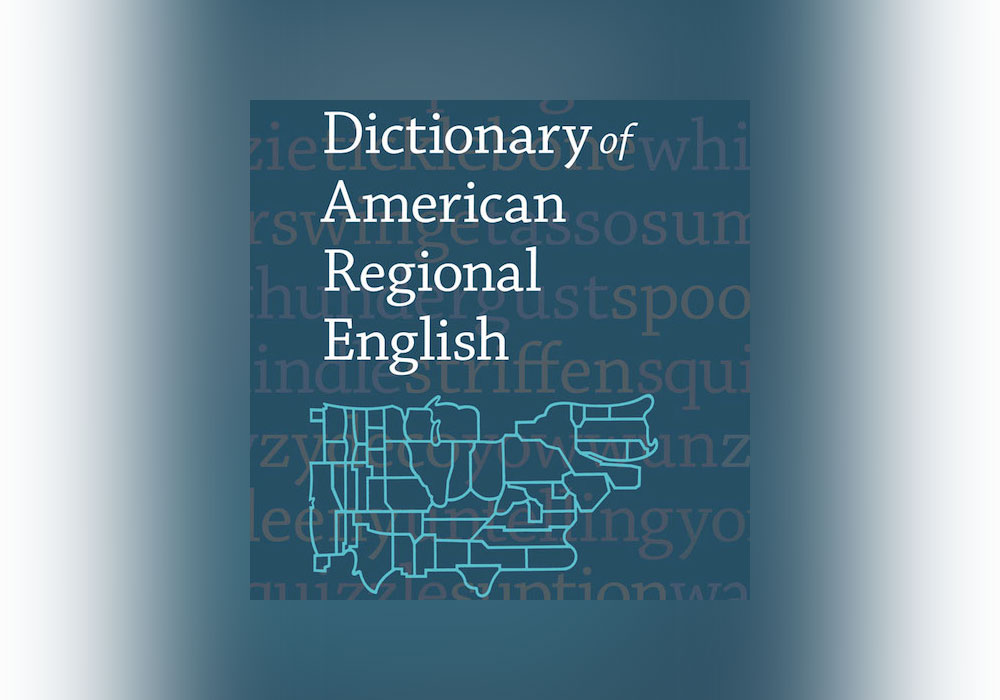Caring About Whether You Couldn’t Care Less
When you want to colloquially express that you don’t care at all about something, you might say “I couldn’t care less.” This phrase first popped up in British English at the turn of the 20th century and is still popular today. In the 1960s, a controversial American variant of this phase entered popular usage: “I could care less.” Many native English speakers, both in the …
